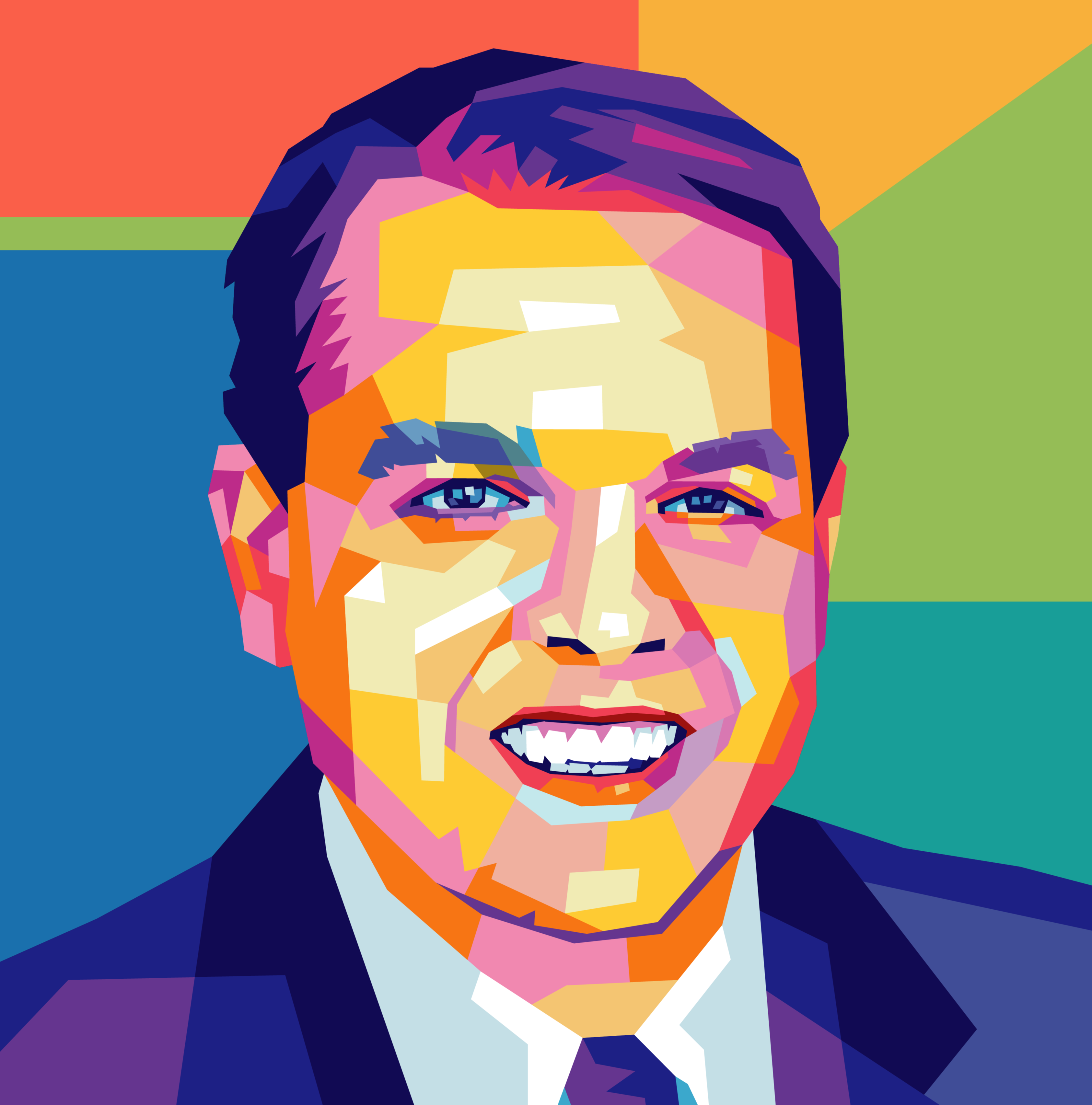In today's interconnected world, fostering diversity within your RIA firms is not only a moral imperative but also a strategic advantage.
As the financial landscape continues to evolve, so too must the composition of RIA teams to reflect the diverse perspectives of the clients they serve.
Embracing diversity isn't just about meeting quotas; it's about harnessing the collective strength of varied backgrounds and experiences to drive innovation, enhance client relationships, and ultimately, achieve greater success in the industry.
In a recent Action! article, we explored how non-traditional RIA hiring practices are creating a diverse talent pool within the industry – from recruitment and retention initiatives to creating an inclusive company culture that celebrates differences.
I caught up with Jessica Robinson, a CPA with South Bay Financial Partners, to discuss how RIAs can expand their hiring practices, not just to simply increase diversity, but also to increase diversity of people from different career backgrounds. She speaks from experience as a CPA who joined the South Bay team. Click the video below to watch the full interview.

Jessica Robinson: I think it's important for firms to bring people in from different industries because there's always some expertise or experience that firms can find value in. So for me, I had a tax background, and so I was able to contribute to tax planning as well as tax prep that my firm did. But there are also other skills that I was able to contribute, like Microsoft Excel, that's something that I use on a daily basis. People who come from different industries might have that kind of experience that can benefit a firm. We even have someone in our firm who works in education. She was able to come in and help us create a course that we were then able to give to our clients about investing. And we were also able to make that available for purchase. Helping us to make financial planning accessible to more people. So there are always people from various industries that have different skill sets that you may not think could be helpful because it may not be specifically financial planning. But when you look a little deeper, you see that it really can be beneficial for the company.
Din: What are one or two times that you've been able to say that you've accrued this as a benefit to me in my professional work?
Robinson: I've been able to develop my expertise and skill set in financial planning and be able to use that to impact the lives of others. I started out in accounting and I really wanted to find a way to help people with my career. So I worked at an audit firm that was auditing nonprofits as a way to kind of indirectly impact people. And then I went on to work for a nonprofit impacting people, but not directly. I find that what financial planning allows me to do is actually be face-to-face with the person that I'm helping, that I'm interacting with. I was able to develop my financial planning skills by utilizing financial software to create a great plan for them, but also to help them live their life intentions and incorporate that into the planning. In our firm, we really look at the soft side of money as well as financial planning. We're not looking at just the finances, but we're looking at it as a means to an end. So what are your life intentions? What are your goals? What is it that you really want to do with your life? And using the financial plan to then support what people want to do with their lives. Being able to make an impact has been a great experience.
Din: If you had a tip – something actionable – that a reader could act on to help make that career switch or help them get started the way that you did. What advice would you give them?
Robinson: I would say look for any window of opportunity that you have to enter the industry. For me, I started out doing an externship in financial planning and that really helped me know that this was the industry that I wanted to go into. From there I was able to find the BLX internship program and they were able to help me get my foot in the door. That's one route you can go – if you are a diverse candidate, black or LatinX – you can go through the BLX internship program. If you're in another group, you might be able to reach out to people on LinkedIn and maybe do an informational interview. If you see someone doing what you want to do, reach out to them and say, hey, I'm interested in this, can I take 10 minutes of your time, maybe buy you coffee or lunch and hear about the industry, hear about what you do. Just start that networking and find a window of opportunity to get your foot in the door.
Din: I have to ask you one other question. It's it can be daunting to think about switching careers and going somewhere in a new direction or going into an environment that you're not familiar with. Or even just as a person of color going into an environment where you might not see other people like yourself, right? How do you get over that hump? Because I know so many people might struggle with that fear of diving in.
Robinson: I would say there are two things you can do. One is to really get to know the culture of a company that you're going to work for before you work there. When you're doing interviews, it's not just them seeing if you're a good fit for the company, but it's also you seeing if they're a good fit for you. Would you be comfortable there working with the people that you're interviewing with? Then also it is looking at how can I utilize my network. If you know other people who are in your situation, maybe there are people who have interviewed for companies or who work for companies where maybe they're the only minority in the company – ask them about what their experience was like. Even that's another thing where you can go back to LinkedIn and kind of network with different people – if you see someone who might be from a similar background, ask them what their experience has been like.
This blog is sponsored by AdvisorEngine Inc. The information, data and opinions in this commentary are as of the publication date, unless otherwise noted, and subject to change. This material is provided for informational purposes only and should not be considered a recommendation to use AdvisorEngine or deemed to be a specific offer to sell or provide, or a specific invitation to apply for, any financial product, instrument or service that may be mentioned. Information does not constitute a recommendation of any investment strategy, is not intended as investment advice and does not take into account all the circumstances of each investor. Opinions and forecasts discussed are those of the author, do not necessarily reflect the views of AdvisorEngine and are subject to change without notice. AdvisorEngine makes no representations as to the accuracy, completeness and validity of any statements made and will not be liable for any errors, omissions or representations. As a technology company, AdvisorEngine provides access to award-winning tools and will be compensated for providing such access. AdvisorEngine does not provide broker-dealer, custodian, investment advice or related investment services.





.png)


